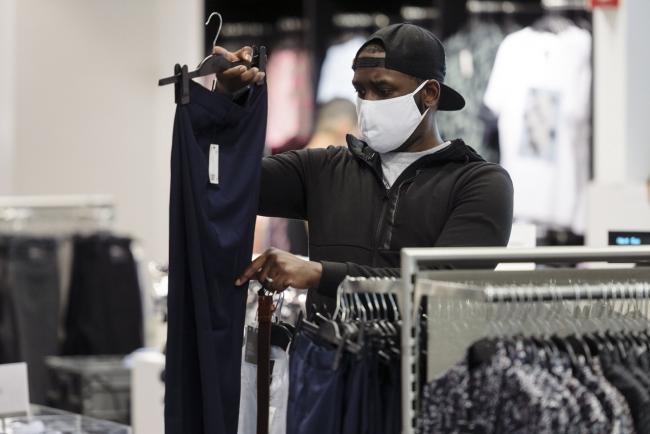(Bloomberg) -- U.S. retailers are used to mapping out the year-end holiday shopping season meticulously, picking out merchandise and discounts months beforehand. But in 2020, they’re flying blind.
As Covid-19 continues to throttle the economy, generating volatile spikes and declines in consumer demand, companies are betting it’s better to keep inventories lean than risk being saddled with excess merchandise.
“I would actually rather leave a sale on the table -- miss a sale -- because we don’t have product, than to have a glut of product that you then would have to mark down,” Levi Strauss (NYSE:LEVI) & Co. Chief Executive Officer Chip Bergh said in an interview Wednesday.
Ralph Lauren (NYSE:RL) CEO Patrice Louvet expressed a similar sentiment earlier this week.
“We are approaching holiday cautiously,” Louvet said in an interview. “We really want to make sure we’re aligning inventory to expected demand. We don’t want to be in a situation where we need to discount.”
With Black Friday just over 100 days away, the urgency is palpable. The holiday season represents about 20% of annual retail sales each year, and stores need some relief after enduring months of turmoil as the health crisis roiled the world economy.
At least 25 major retailers have gone bankrupt this year, including household names like Neiman Marcus Group Inc., J.C. Penney Co. and Lord & Taylor. Many retailers of non-essential goods, meanwhile, are under intense pressure as they cope with falling sales.
Three Scenarios
Bergh said he’s never experienced such uncertainty going into the holidays in his 30-year career in retail. Currently, Covid-19 has yet to be contained and state restrictions on business are fluctuating. For the first time ever, he doesn’t have a reliable forecast, so he’s running the multi-billion dollar denim business based on three scenarios: high, medium and low, each with its own set of assumptions on the economic and viral trajectory.
Department stores are also trying to manage their inventories to avoid a buildup of products that later prove hard to sell. Macy’s Inc. took a $300 million write-down on inventory in the first quarter of the year, which included the initial phases of the Covid-19 shutdowns. Executives said on a call with analysts last month that, with so much uncertainty, the business needs to be conservative with inventory and remain flexible.
“Everything is on the table right now,” said Macy’s CEO Jeff Gennette.
©2020 Bloomberg L.P.

